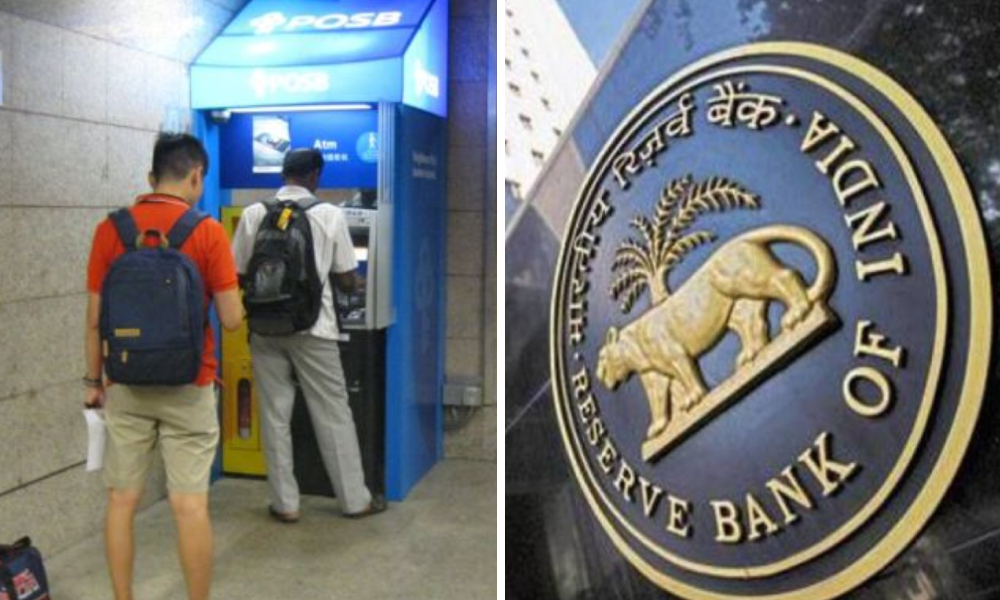
Image Credits: india.com (Representational)
RBI Allows Banks To Raise Transaction Charges On ATM Withdrawals
Writer: Akshita Mehta
Akshita Mehta is currently pursuing triple majors in Journalism, Psychology, and Literature from Christ Deemed to be University, Bangalore. She believes that sharing the stories of ordinary citizens are a tool to change society.
India, 11 Jun 2021 9:04 AM GMT
Editor : Ankita Singh |
A literature lover who likes delving deeper into a wide range of societal issues and expresses her opinions about the same. Keeps looking for best-read recommendations while enjoying her coffee and tea.
Creatives : Akshita Mehta
Akshita Mehta is currently pursuing triple majors in Journalism, Psychology, and Literature from Christ Deemed to be University, Bangalore. She believes that sharing the stories of ordinary citizens are a tool to change society.
The Reserve Bank of India (RBI) increased the interchange fee that banks can charge on ATM transactions to a maximum of ₹ 17 per transaction on Thursday. Earlier the fees for ATM transactions was ₹15.
The Reserve Bank of India (RBI) increased the interchange fee that banks can charge on automated teller machine (ATM) transactions to a maximum of ₹17 per transaction on Thursday.
Earlier the fees for ATM transactions was ₹15. Fees for non-financial transactions have been raised from five to six rupees. The new fees will be in effect from August 1, 2021.
What Is Interchange Fees?
Interchange fees are the payments made by the card-issuing bank to the ATM operator when a customer uses an ATM that is not owned by the card-issuing bank.
Customers will be entitled to five free transactions per month from their own bank ATMs, including financial and non-financial transactions. They would also be permitted to use ATMs of other banks in metro cities for three free transactions.
When a consumer exceeds the prescribed number of free transactions from other banks' ATMs, the interchange cost has been increased from 20 to 21 per transaction. This increase, however, will take effect on January 1, 2022.
New Revisions
In June 2019, a committee was formed to review ATM charges under the chairmanship of V.G. Kannan. The committee had recommended that ATM charges be calculated using population as a parameter, reported Live Mint.
"The recommendations of the committee have been comprehensively examined. It is also observed that the last change in interchange fee structure for ATM transactions was in August 2012, while the charges payable by customers were last revised in August 2014," RBI said.
According to the RBI, the current revision in charges was made in light of the increasing prices of ATM deployment and expenses for ATM maintenance incurred by banks and white label ATM operators.
Also Read: Made-In-India Covaxin Is Third Costliest Vaccine Globally
 All section
All section














